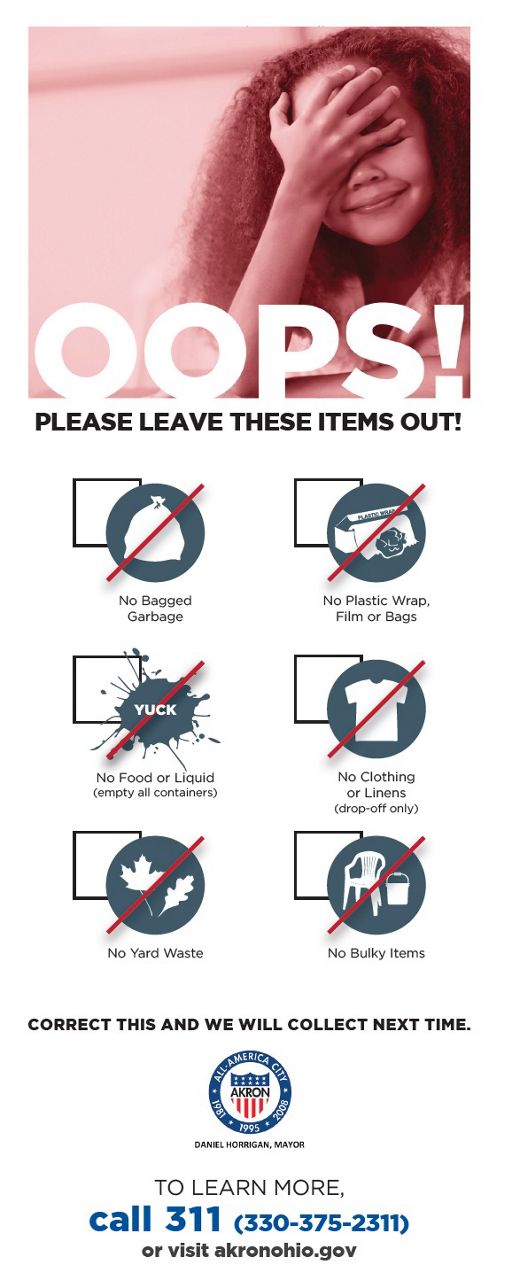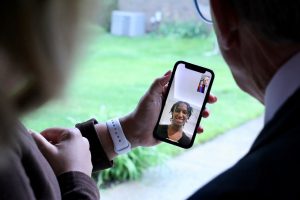COLUMBUS, Ohio — One in 10 Ohioans are at risk for a gambling disorder and Columbus resident Mark Moore said developing the disorder was a slippery slope.
“About 10 years ago is when I want to say everything started getting heavy,” Moore said.
He went to a casino for the first time in 2010.
“I put some money into a slot machine and I yield a jackpot on my first pull. So, after that, I was like ‘this is fun, this is easy. I can do this again,’” he said.
From there, he said his trips to the casino continued to progress until he was going every day.
It became an addiction.
Scott Anderson, a problem gambling treatment coordinator for the Ohio Department of Mental Health and Addictions, said gambling is subconsciously all around.
“There’s a raffle at church, there’s a 50/50 raffle at the high school football game,” Anderson said. “You know, we could go into a gas station and gamble without even playing the lottery if we buy the right six-pack. We could get an NCAA jacket or win tickets to a game. So, it’s so normalized we don’t think of it as a problem until it is.”
He said gambling provides “hope” and a sense of escape. That’s why he said it’s closely connected with mental illness.
“If I’m depressed. If I’m situationally and clinically depressed, then I don’t feel good about things. There’s a real element of escape to get behind the machine.”
That’s why it’s important to recognize the warning signs and seek help, which is free. Two percent of all Ohio casino taxes go to the state for gambling treatment, education research and prevention.
And while it can be hard to take that first step, Moore encourages it.
“The good news is with talking with my counselor and with active recovery, there’s hope, and, as long as I have hope, I can continue to grow and have fundamental change in my life.”
For more resources, click here to visit beforeyoubet.org or call 1-800-589-9966.




